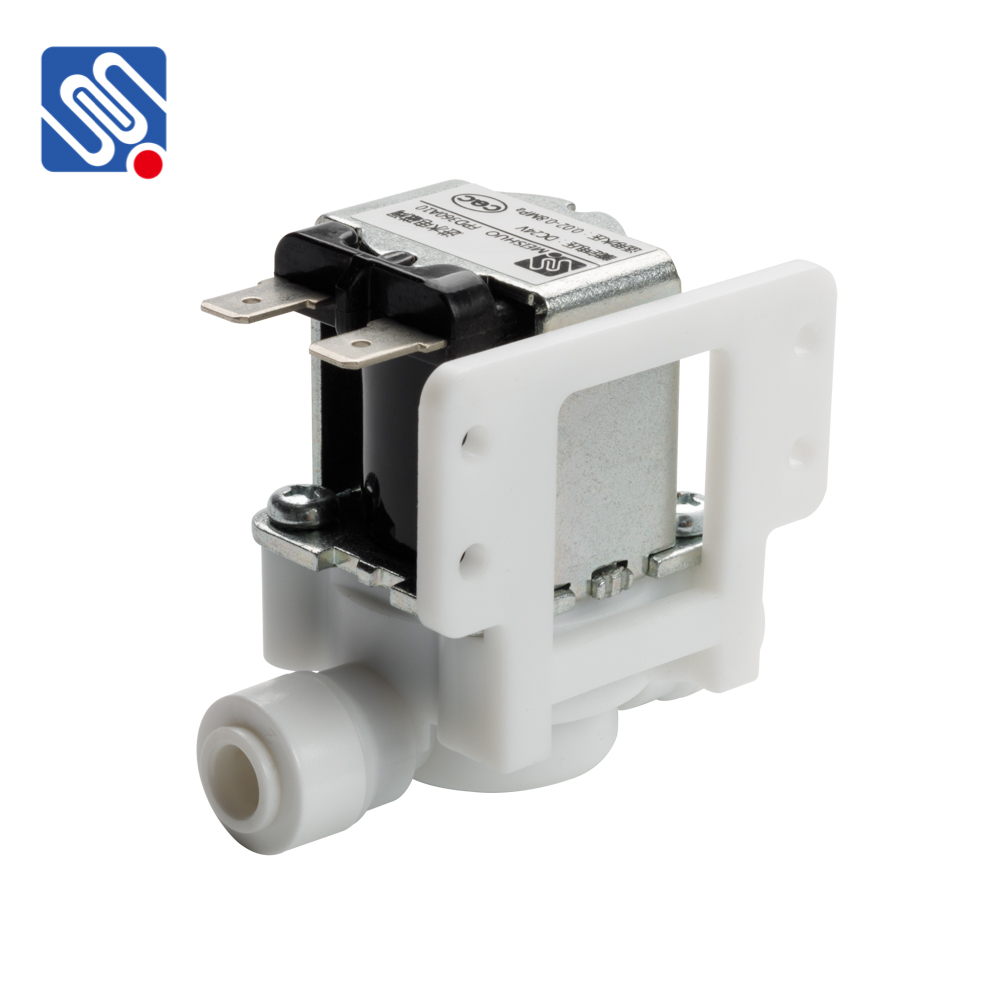understanding stainless steel and plastic solenoid valve: applications, benefits, and considerations
Release time:2025-11-19 04:29:45
A solenoid valve is an essential component in fluid control systems, often used to control the flow of gases, liquids, and other fluids. The working principle of a solenoid valve is simple yet highly effective: an electrical current flows through a coil, generating a magnetic field that moves a plunger to open or close the valve. Solenoid valves are crucial in numerous industries such as manufacturing, automation, agriculture, and chemical processing. Among the many materials used in the construction of solenoid valves, stainless steel and plastic are two of the most commonly chosen due to their distinct advantages.

In this article, we will dive deep into the characteristics, applications, benefits, and key considerations for stainless steel and plastic solenoid valves. Stainless Steel Solenoid Valves Stainless steel solenoid valves are widely recognized for their strength, durability, and resistance to corrosion. The primary material, stainless steel, is a high-quality alloy that combines iron, chromium, and other elements, making it resistant to rust, staining, and wear. These valves are suitable for demanding applications, especially where high temperatures, high pressures, or corrosive environments are involved.

